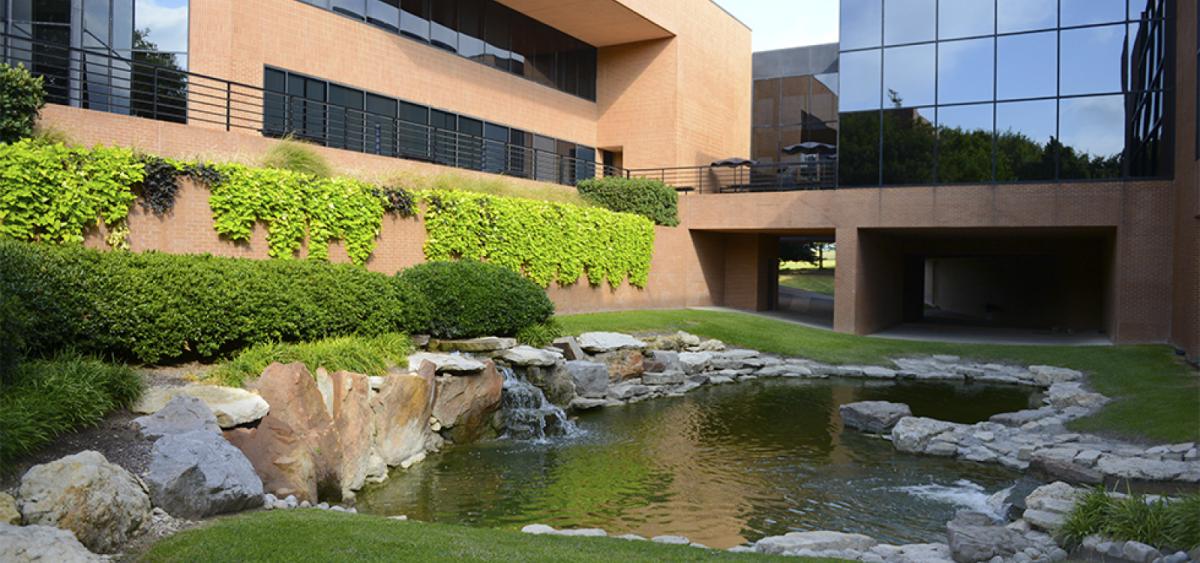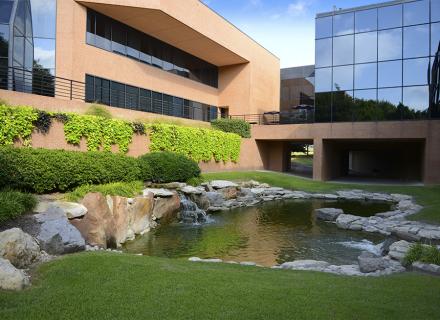

Reducing Surgical Waste with Custom Pak and OVD Electronic Instructions for Use
October 13, 2025
time to read 5 minutes


October 13, 2025
time to read 5 minutes
For decades, Alcon innovations have contributed to the advancement of ophthalmic surgery, positively changing and improving the lives of millions of people. As in other surgical fields, single use instruments and products in ophthalmic surgery contribute to patient safety.1
However, these safety measures produce medical and surgical waste.2 This potential waste production is why we are working to identify ways to improve the sustainability of our surgical products. Two areas where we are now able to demonstrate waste reduction are our Custom Pak® and portfolio of ophthalmic viscosurgical devices (OVDs).
Custom Pak streamlines surgical prep by providing only the instruments that surgeons and hospitals specifically request—reducing setup time, improving consistency, and lowering costs through simplified logistics and customization.3
We often receive questions about the sustainability of our Custom Pak products. To better understand the environmental impacts of shipping instruments via Custom Pak versus shipping instruments individually, we conducted a Life Cycle Assessment (LCA) study, the gold standard of quantifying environmental impacts.4
We partnered with Sustainable Solutions Corporation to develop a LCA that quantifies and interprets the environmental impact of Custom Pak, comparing Custom Pak to the traditional approach of ordering surgical supplies individually. The study reviewed the product’s packaging-related impacts across raw material extraction, processing, distribution, sterilization and disposal.4
The results of the LCA were definitive. Compared to individually packaged supplies, Custom Pak:
These findings demonstrate that Custom Pak isn’t just a smart choice for surgical efficiency, cost savings, and personalization—it also reduces the environmental impact of cataract surgery.3,4
Custom Pak has long been my go-to for surgical instrumentation because of the way it simplifies surgical prep for our team. At the same time, like many of my colleagues, I am conscious about the environmental impact of all the products I use every day,” says John Hovanesian, MD, FACS, a board-certified ophthalmologist and lead of industry relations for EyeSustain. "Fortunately, the findings of Alcon’s assessment reinforce what many of us in the field have observed firsthand using Custom Pak: a tailored solution that has a meaningful impact on quality of care without compromising on waste, even before ever arriving in our ORs."
In addition to the Custom Pak LCA, Alcon is implementing electronic Instructions for Use (eIFU) across our industry-leading OVD portfolio—DuoVisc®, DisCoVisc®, Provisc®, and Viscoat®. By transitioning from printed leaflets to digital access in Brazil, Canada, Hong Kong and the US, Alcon is modernizing how product information is delivered while significantly reducing paper waste—an estimated 21 tons annually.5,6*,** Practices in Japan already receive eIFUs for their OVDs based on a regulatory shift that was enforced earlier this year.
This summer, Regulatory Bodies for the European Union introduced the possibility for manufacturers to compliantly adopt eIFUs on all medical devices for professional use. Alcon and other manufacturers across the industry applaud this move—a significant shift with potentially remarkable environmental impacts that support the EU’s broader waste reduction goals.
At Alcon, we have formed a working group to identify and implement eIFUs across several professional product lines in Europe. The shift will require reallocating resources, and changes to infrastructure and ways of working across our supply chain. We look forward to providing updates in the future on potential product availability and timing.
By consolidating supplies and reducing material use, we’re working to transparently minimize emissions and waste at various steps of the product life cycle. The Custom Pak LCA findings also illustrate the value of data-driven design, showing how thoughtful packaging decisions can support broader sustainability targets without compromising clinical performance.
At Alcon, we believe that doing what’s best for patients can also mean doing what’s best for the world they live in. As we continue to identify ways for more of our products to contribute to our company-wide sustainability priorities, we’re proud of the work that our Custom Pak and OVD teams have done to lead by example on our way to carbon neutrality by 2030.7†
For more information on Custom Pak, Alcon OVDs, and Alcon’s 2024 Impact and Sustainability Report, please visit MyAlcon.com.
+++
Based on paper IFU removal from OVD carton and approximate weight reduction (US tons) in the US, Canada, Brazil, and Hong Kong.
**Upon full implementation and based on projected 2026 production volume.
† In Scope 1 and Scope 2 emissions.
‡ Based on Alcon manufacturing energy mix in 2024, which may change in the future
Alcon medical device(s) comply with the current legislation for the medical devices. Please refer to relevant products directions for use or operator’s manuals for complete lists of indications, contraindications and warnings.
Products mentioned may not be approved in all markets; please reach out to your Alcon Representative for questions about availability in your local market.
This content is intended for Healthcare Professionals (HCPs) only. Please note that product-related promotion of Medical Devices to non-HCPs may be subject to restrictions based on local rules and regulations.
References:
GLB/IMG-CPP-2500005